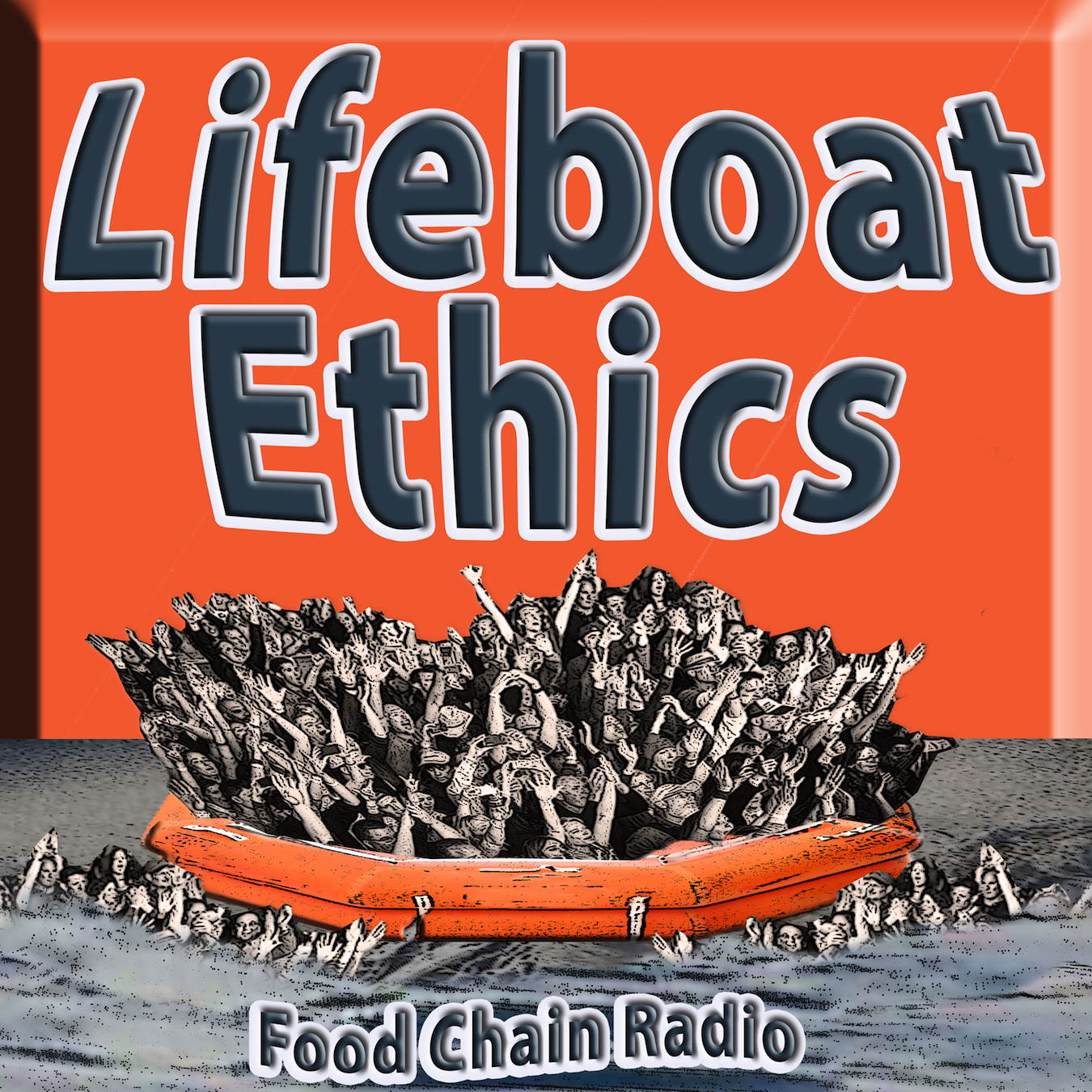
Lifeboat Ethics
February 2, 2017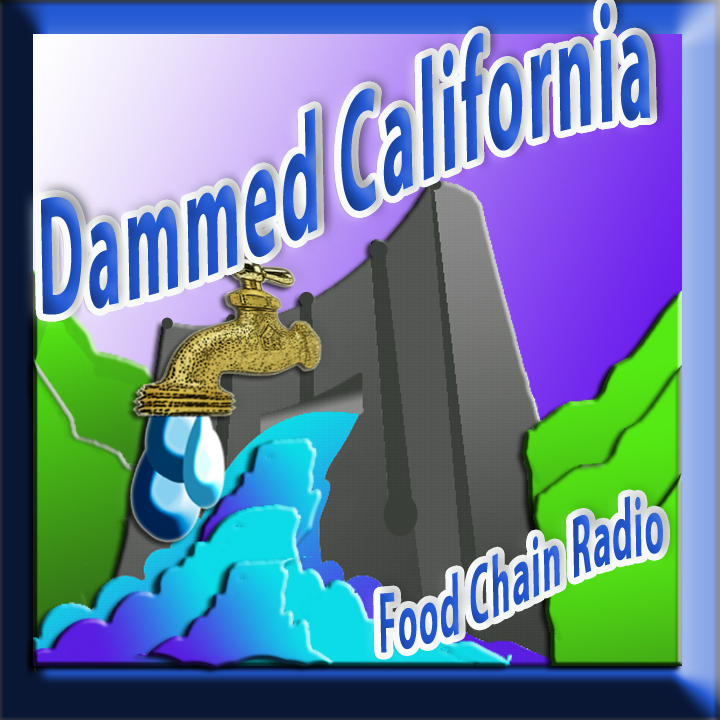
California Water
February 16, 2017Food Chain Radio Show #1091
Michael Olson, Author & Urban Farming Agriculturalist
The Substantial Equivalency of GMOs
Guest: Alison Van Eenennaam, PhD, Geneticist, University of California, Davis & McKay Jenkins, Author Food Fight: GMOs and the Future of the American Diet
How can a GMO be substantially equivalent to an non-GMO?
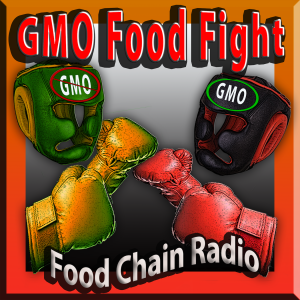
Michael Olson Food Chain Radio – GMO Substantial Equivalency – How can a plant that has been re-engineered to kill pests, and withstand herbicides that kill weeds, be substantially equivalent to its non-engineered parent?
To see a real live miracle, take a summer drive through America’s heartland.
The miracle you will see is the acre upon acre, mile upon mile, of crops growing in laser-straight perfection, with no bugs, no weeds, and very few people!
(Admittedly, it helps to have been a teen-age herbicide to understand the extent of such a miracle!)
This miracle was made possible by the re-engineering of the crops’ genetic codes. Whereas before crops were prayed upon by pests, the crops have been re-engineered to contain a biological pesticide that literally dissolves the pests’ digestive tracts. When a pest bites into any part of a plant– Poof!– its dead!
The crops have also been re-engineered to withstand herbicides that kill weeds. This re-engineering gives a single farmer the ability to kill all the weeds in the field with an airplane, which is a lot more fun than with a sharp hoe.
These re-engineered crops, of course, are what we eat, either directly in our corn flakes, or indirectly in our bacon and eggs, or veggie burgers.
These re-engineered food crops have been declared safe to eat by virtue of the fact they are substantially equivalent to their non-re-engineered parents, which we have been safety eating for millenniums.
Still, we wonder…
Leave a comment below: How can a plant that has been re-engineered to contain pesticides that kill pests, and to withstand herbicides that kill weeds, be substantially equivalent to its non-engineered parent?
Tune in here, for the syndicated Food Chain Radio Show #1091 February 11, 2017 Saturday 9AM Pacific

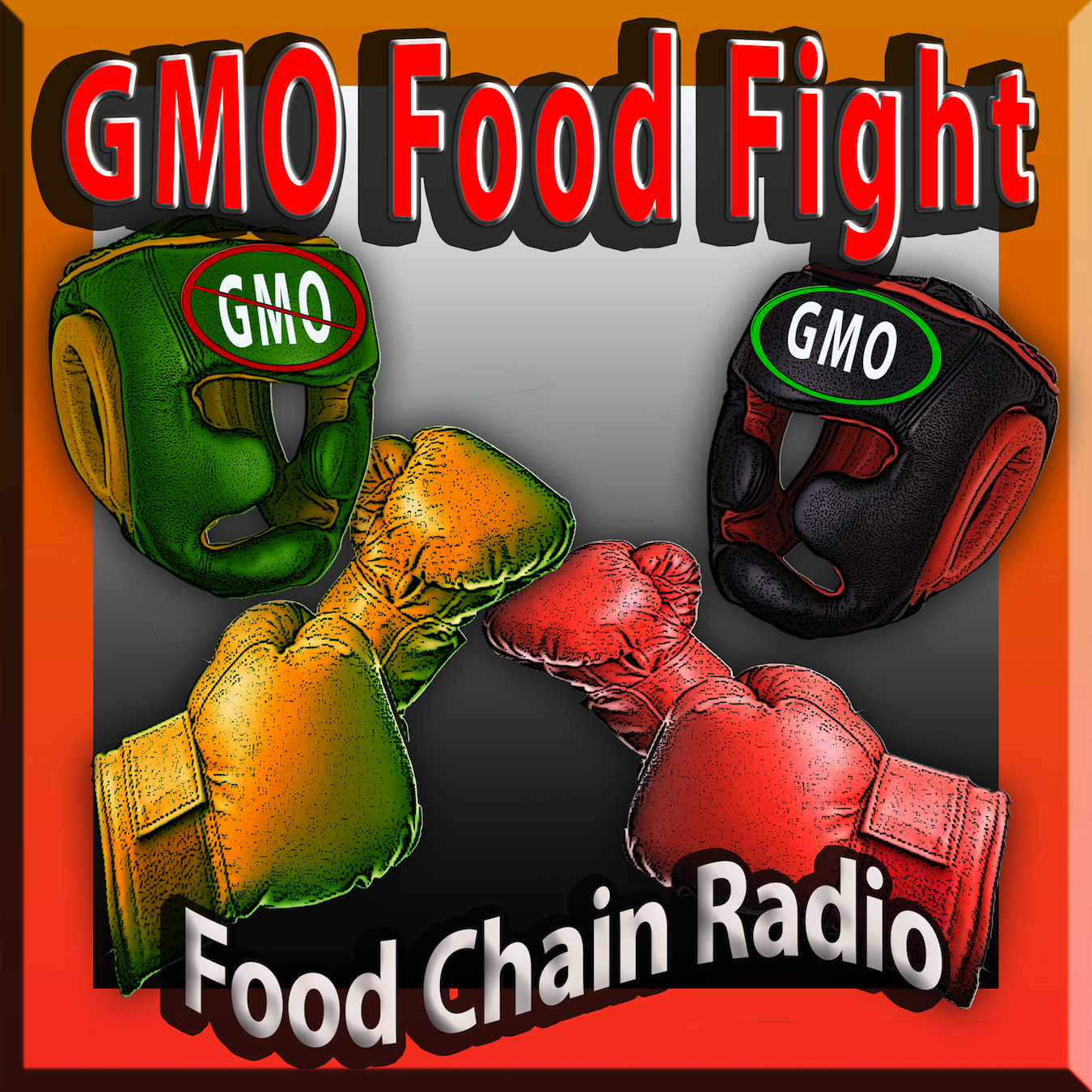


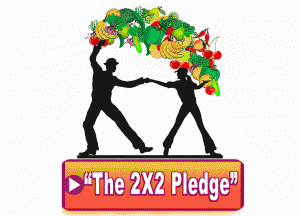
1 Comment
You have no idea that plants have been making their own pesticides for…well…forever? And you talk about food professionally? https://www.ncbi.nlm.nih.gov/pmc/articles/PMC54831/